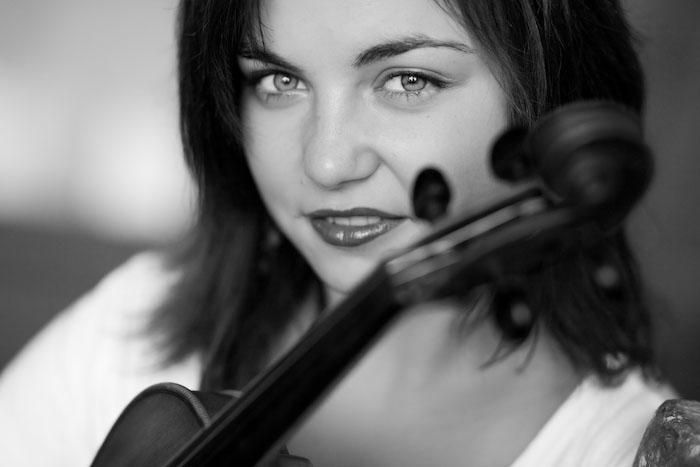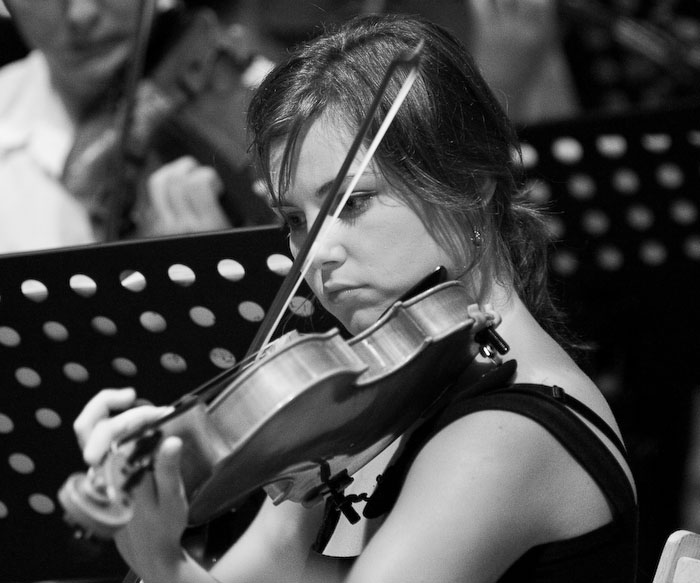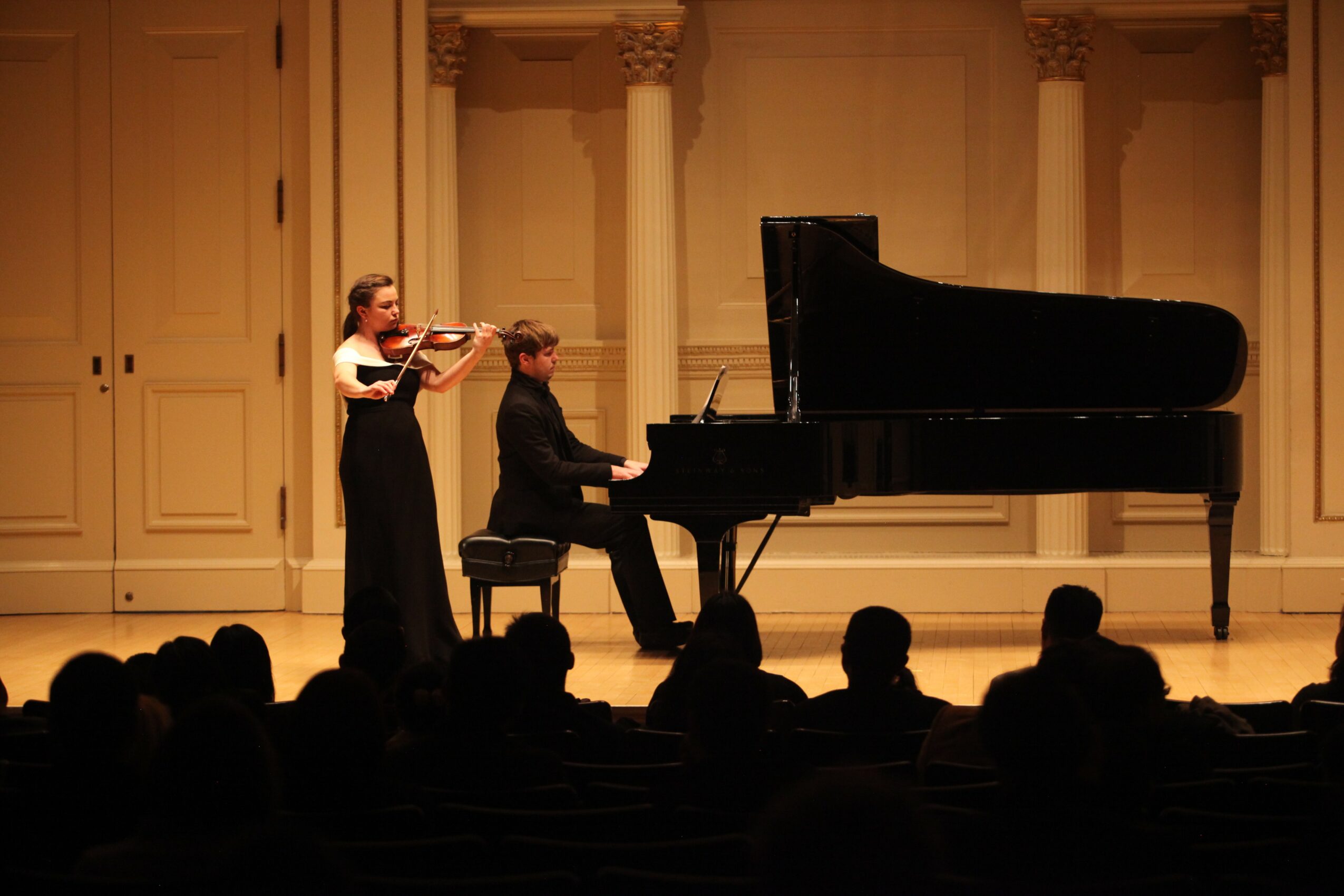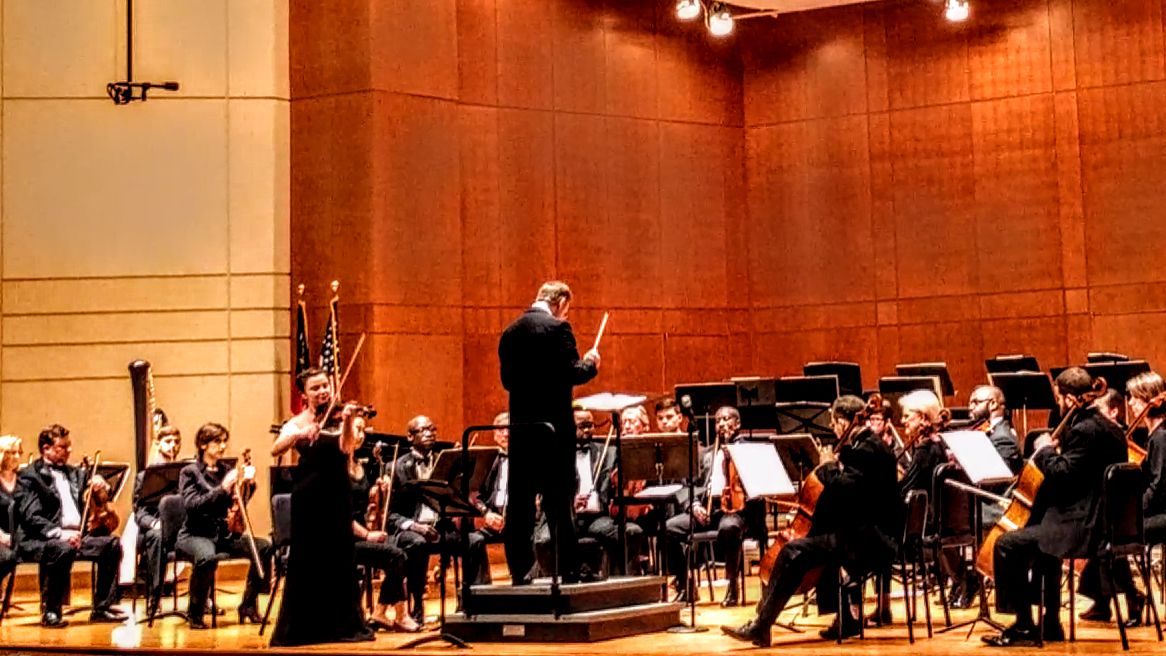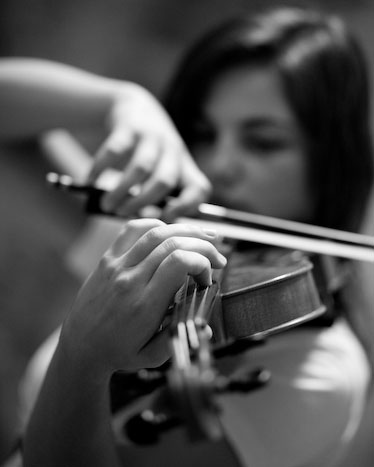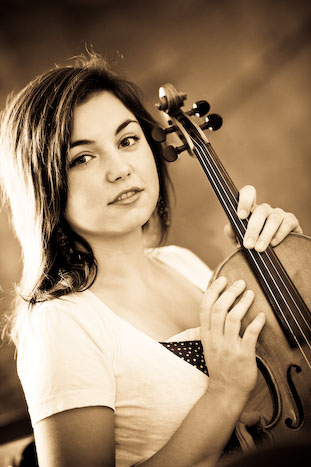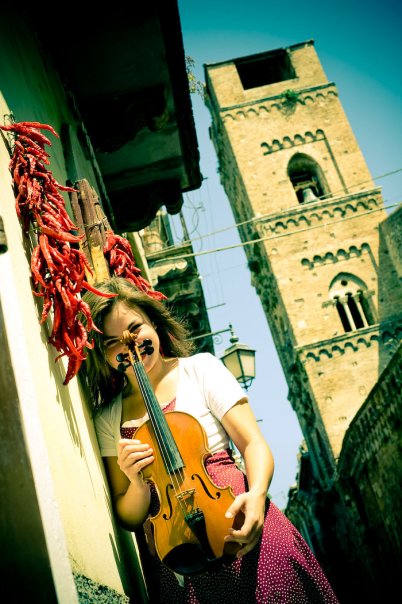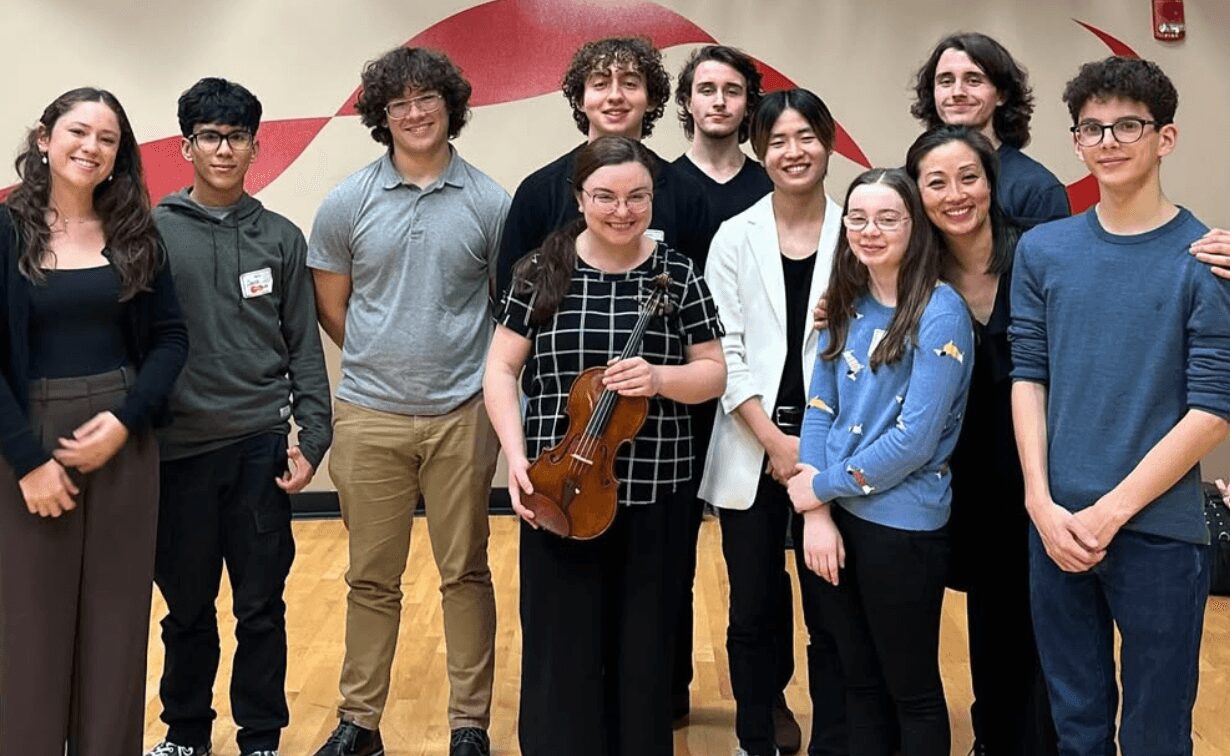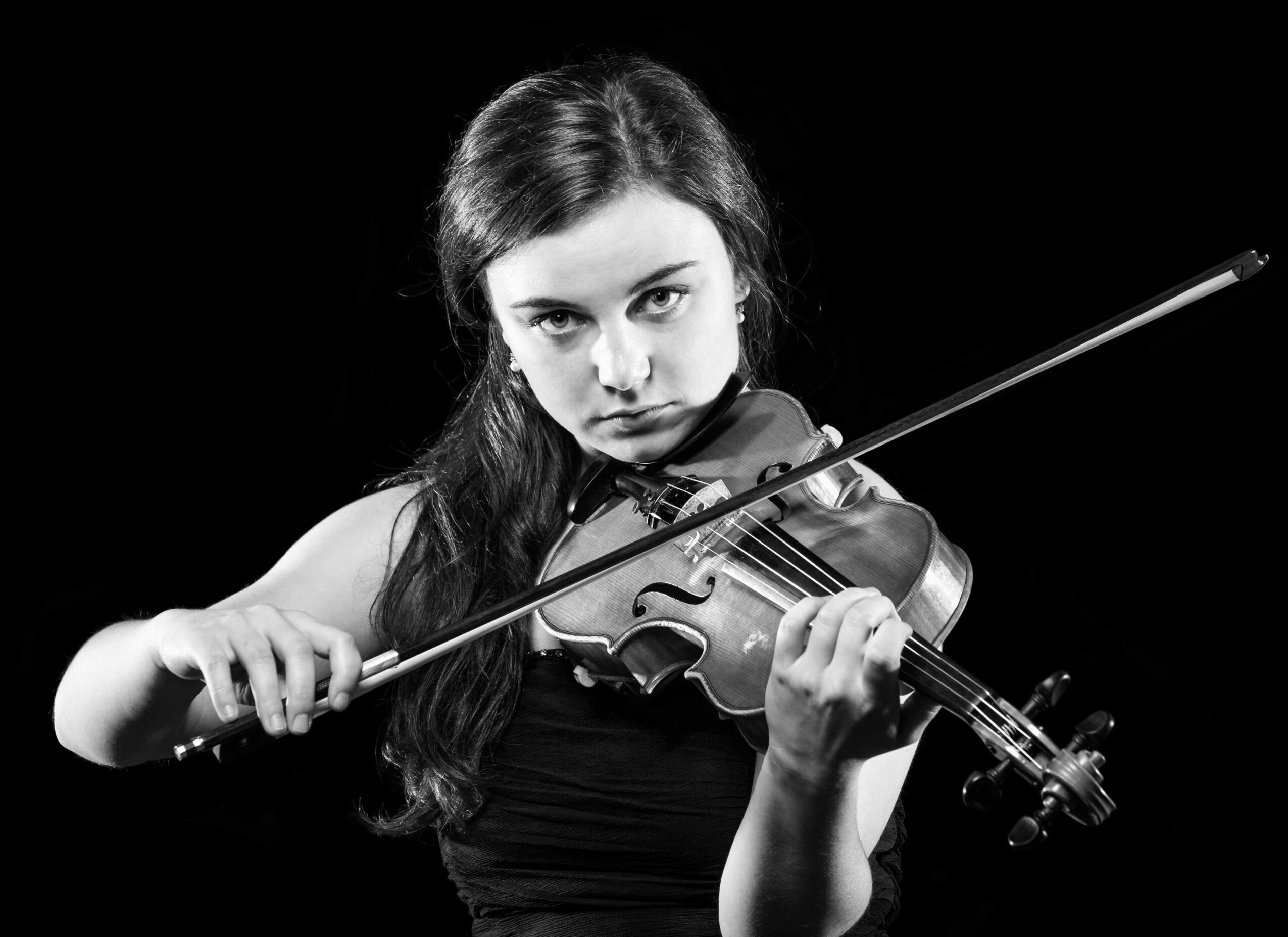

Elzbieta Tokarska shared their story and experiences with us recently and you can find our conversation below.
Good morning Elzbieta, it’s such a great way to kick off the day – I think our readers will love hearing your stories, experiences and about how you think about life and work. Let’s jump right in? What do you think is misunderstood about your business?
One of the biggest misconceptions is that being a musician is simply about performing—stepping on stage and playing in front of people. In reality, performance is just one part of a much broader, more demanding life. Behind every concert are hours of intense practice, constant travel, physical and mental discipline, and often the stress of managing logistics and schedules—usually on your own.
Another often overlooked aspect is teaching. As a university professor, I’m not just instructing technique—I’m mentoring young musicians through one of the most formative and vulnerable stages of their artistic development. It’s a profound responsibility that requires patience, insight, empathy, and an ongoing connection to the evolving landscape of classical music.
People also tend to view a musical career as more of a passion project than a profession. But this path demands much more. It’s a career built not only on artistry, but also on resilience, self-motivation, and constant reinvention.
What I wish more people understood is how multifaceted this life is. Every time I play, every lesson I teach, is part of something much bigger: building not just a career, but a community, a legacy—and, hopefully, a lasting impact.
Can you briefly introduce yourself and share what makes you or your brand unique?
I’m a violinist, violist, educator, and creative collaborator deeply rooted in both performance and pedagogy. My work lives at the intersection of classical tradition and contemporary expression—I’m passionate about honoring the heritage of the violin and viola while exploring new ways to connect with audiences and students in today’s fast-changing world.
I perform as a soloist, chamber musician, orchestral and session player, and I teach at the university level, where I mentor young artists not only in technique, but also in artistry, identity, and professional development. For me, teaching is its own kind of performance—one that demands energy, presence, and meaningful impact.What makes my work unique is the way I balance the rigor of classical training with a curiosity for innovation. Whether I’m performing, coaching, or collaborating on interdisciplinary projects, I strive to make music feel alive, relevant, and deeply human.
Above all, I believe music is about connection—between people, ideas, and generations. That’s the thread that runs through everything I do.
Thanks for sharing that. Would love to go back in time and hear about how your past might have impacted who you are today. Who taught you the most about work?
Without question, my parents taught me the most about work. They both came from very humble beginnings—growing up in post-war Poland, in families where resources were scarce and opportunities even scarcer. They knew what it meant to work for every step forward. Through sheer determination and sacrifice, they built a life that gave their children access to possibilities they never had themselves.
My father was a pianist and the conductor of the Representative Orchestra of the Pomeranian Military District (Orkiestra Reprezentacyjna Pomorskiego Okręgu Wojskowego) in Bydgoszcz, Poland. Watching him work left a lasting imprint on me. His discipline, passion, and deep sense of responsibility—to both the music and the people he led—were profoundly formative. He showed me that excellence isn’t just about talent; it’s about showing up every day with purpose, humility, and focus. Even when the stakes were high, he carried himself with quiet strength and dignity. That example continues to shape how I approach my own work—whether I’m performing, teaching, or collaborating.His influence reminds me that music is not only an art form—it’s a form of service. It has the power to uplift, unify, and move people. That’s a lesson I carry with me in everything I do.
What did suffering teach you that success never could?
Suffering taught me how to listen—deeply and honestly. When everything is going well, it’s easy to move quickly, to perform, to achieve. But in moments of pain, doubt, or loss, you’re forced to slow down and confront who you are—beneath the titles, the applause, and the expectations. It taught me resilience, yes—but more than that, it gave me compassion, perspective, and patience. As a musician, that’s everything. You can’t fake depth; you have to live it. The most powerful performances don’t come from perfection—they come from having felt something and survived it.
Success is affirming, but suffering is transforming. It strips you down to the essentials—and from there, you rebuild with greater intention and clarity. I wouldn’t wish for suffering, but I’m strangely grateful for what it’s taught me.
Next, maybe we can discuss some of your foundational philosophies and views? Whom do you admire for their character, not their power?
There are so many people I admire for their character, but if I had to choose one, it would be Ignacy Jan Paderewski. I admire him most for his deep commitment to Polish independence and his strong sense of national identity. Though he was celebrated worldwide as a virtuoso pianist and composer, Paderewski’s legacy goes far beyond music. He used his fame and influence as a platform to passionately advocate for the freedom of his homeland during a time when Poland was partitioned and oppressed. Paderewski devoted himself deeply to the cause of Polish sovereignty. Serving as Poland’s Prime Minister and Minister of Foreign Affairs, he worked tirelessly in international diplomacy to secure recognition and support for an independent Poland after World War I. His efforts helped shape the nation’s rebirth on the global stage.
What impresses me most is how he balanced his artistic career with profound civic duty, consistently putting the needs of his country above personal ambition. His commitment was not just political—it was rooted in a heartfelt love for his culture and people. Paderewski’s character reminds me that true leadership and influence come from courage, conviction, and a willingness to serve a cause greater than oneself.
Okay, so let’s keep going with one more question that means a lot to us: Are you doing what you were born to do—or what you were told to do?
Music was a constant and natural presence throughout my childhood. With my father being a pianist, I began studying piano at the age of three, and it quickly became an integral part of my early life. However, the decision to pursue the violin was entirely my own—a choice initially met with hesitation by my parents. They understood that continuing with piano would mean more guidance and support at home, while the violin represented a more independent path. Still, I felt a strong pull toward it. As a child, I even used a book and a comb as my first “violin” and “bow.” There is something profoundly intimate about holding an instrument that becomes an extension of one’s body—so physical and personal. So, while music was undoubtedly in my blood, the violin was my own choice. That distinction matters. I am pursuing what I was born to do—not because it was expected of me, but because I deliberately chose it.
Contact Info:
- Instagram: https://www.instagram.com/tokarska.ela/
- Facebook: https://www.facebook.com/ela.tokarska.5
- Youtube: http://www.youtube.com/@elatok
- Other: https://www.belmont.edu/profiles/ela-tokarska/
